How Do You Even Write a Book for Kids About the Holocaust Anymore? An Interview with Danica Davidson
In children’s literature we are caught in a perpetual struggle to figure out what is and isn’t appropriate for child readers. We don’t want to candy coat the past, but at the same time we want to offer hope in some form. And in no subject area is this more keenly discussed than the Holocaust. What do you tell? When? How much?
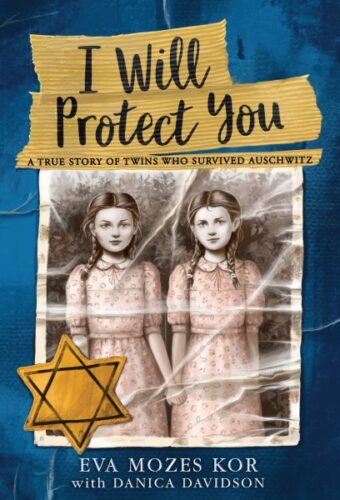
It’s all about balance. Too much of any one side of one topic or too much on any other side leaves you with one-sided accounts. In the past we suffered from our libraries containing a plethora of stories about the Holocaust for kids, and very few children’s books about Jewish people outside of that event. These days it’s better. We have marvelous authors putting out all kinds of different stories. But does that mean we can’t have any books about the Holocaust anymore? And if you were to write one, how would you even go about it? What would it be about?
ADVERTISEMENT
ADVERTISEMENT
Danica Davidson wrote one. It just came out, actually. I Will Protect You is more a memoir than a work of fiction, though. Written with Auschwitz survivor Eva Mozes Kor, Danica sat down with me recently to discuss the book, where it came from, and how one goes about tackling such subject matter.
Betsy Bird: Danica! Thank you so much for joining me today. Your latest book I WILL PROTECT YOU has been met this year with rave reviews from Kirkus, PW, and SLJ, to name a few. But I don’t know that folks know how you came to write the book in the first place. Could you give us the backstory to its creation?
Danica Davidson: Eva and I met when she gave a speech at a college about an hour away from me. She was a tireless educator on the Holocaust, because she didn’t want it happening again. I was seeing more Jewish speakers and reading more Jewish books because I’d been experiencing an increase of antisemitism, starting in 2015, and felt a need to do something about it with my writing. But first I thought I needed to educate myself more.
I introduced myself to Eva after her speech, hoping I could interview her for a magazine, but when I mentioned I’d published 16 kids’ books, she got very excited and exclaimed she wanted to do a kids’ book. It turned out she’d been trying to find an author, but she hadn’t found one to do her story in the way she liked.
So we began discussing how we could do this book, and I interviewed her and gave ideas I had. She liked most of my ideas, like blending real history in with her story, so that kids can get a better context of the bigger picture. Then I wrote the book, sending her chapters at a time. She only ever wanted tweaks done to the writing.
BB: And what was Eva’s hope for this book? Why did she decide only now to release her story for a younger audience?
DD: Eva said the only real way to fight antisemitism is to teach kids about it in an accessible way. Holocaust education in American schools usually starts at 12 or later, if they teach it at all, and Eva said starting Holocaust education at 12 is too late, because the prejudices are already set in.
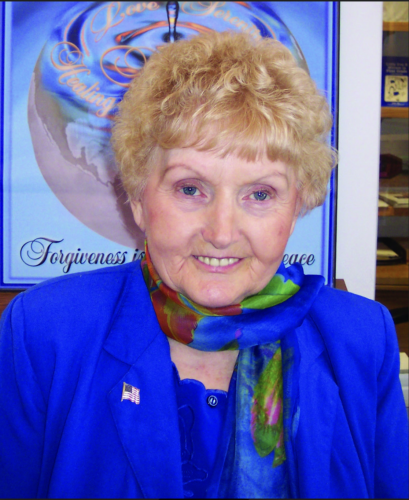
Also, Eva was elementary school-aged when she survived Auschwitz, so it’s told from her point-of-view as a child. That’s a big part of what makes this book work. It would be difficult to write a children’s Holocaust book from an adult’s perspective. It’s also an extremely rare story, because most Jewish children did not survive death camps and we can’t hear their stories.
Eva hoped every child would read this book. Ignorance of the Holocaust is reaching all-time highs, and our book is meant to not only teach the Holocaust, but help people recognize antisemitism in the here and now. Antisemitism is growing globally and can’t be ignored.
It also has more general messages, like recognizing extremism and propaganda, and talks about healing after trauma. Eva strongly believed that this book could help abused kids know that healing after trauma is possible. She thought and talked about abused kids all the time.
BB: Eva and her sister were twins and were sent to Dr. Mengele after they arrived in Auschwitz. The mere subject of Dr. Mengele and his experiments on twins is horrific in and of itself. When making this material appropriate for a younger audience, how do you decide what to keep and what to take out?
DD: One thing that really helped was that my dad taught me about the Holocaust when I was a kid. There’s nothing in this book about the Holocaust, besides the specifics of Eva’s life, that I didn’t know in elementary school. My dad wanted me to know these details, because even though my direct lines had gotten out of Europe in time, the cousins who weren’t able to escape were almost all murdered by the Nazis and their helpers. So I remember the tone and wording he used to teach me, and how he would build on the information, how he would tell it to me straight but not brutally, how he would phrase it in simplified ways.
When approaching this book, I came up with a general rule: details went in if Eva witnessed them herself, or if these details are needed to understand context. So, for example, the book does not go into great detail on Mengele’s experiments, because Eva didn’t see the worst of them. The book does explain that six million Jews were murdered, because this is needed to understand the enormity of the Holocaust. That’s especially true because new surveys are showing how many people think the number is much smaller than that, and they minimize the reality.
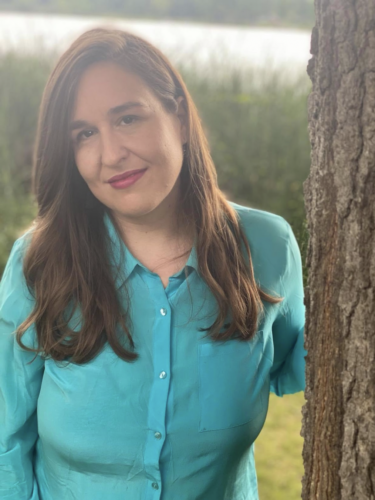
BB: Much of the book discusses the misinformation campaigns the Nazis created against the Jewish people. What would you say is the value of showing this in the current political climate?
DD: Misinformation and propaganda are always around to some degree, but with the internet and social media it’s especially easy to spread falsehoods.
Right now, we’re also seeing how misinformation and propaganda are being used by Putin to attack Ukraine. In America, we’re seeing all sorts of stuff being spread on Facebook and Twitter, and many news sources are increasingly slanted in one direction or another, not giving people enough context and therefore coloring their opinions. And everyone can point to someone else for falling for propaganda, but we need to ask ourselves, what propaganda are we falling for? What do we need to look at more deeply? Eva and I want this book to get people to think critically and not believe everything they hear and not jump on every new bandwagon.
Something else really concerning right now are the heightened levels of censorship. A handful of people have been trying to keep this book out of kids’ hands and stifle information on it. I’ve received threats. Each person trying to censor and silence this book has given a different reason, but at the end of the day, they’re actively trying to hurt a book meant to fight racism against Jews (known as antisemitism) and protect Jewish lives.
ADVERTISEMENT
ADVERTISEMENT
BB: I don’t think I’m surprising you any when I say that some folks may look at this book and its cover and wave it off with a dismissive, “It’s just another Holocaust book.” What would you say to folks who discount it due to its subject matter?
DD: Before Little, Brown made an offer on the manuscript, the other publishers were mostly rejecting it on the grounds of, “We already have a Holocaust book.” No one book can sum up the Holocaust, so that doesn’t make any sense.
I Will Protect You is meant to fill a gap in Holocaust education. There is no other book out there for middle grade that tells a personal child’s story of surviving Auschwitz, goes into the long history of antisemitism, introduces World War II and the Holocaust, shows healing after trauma, and ends with encouragement on healing and suggestions on how to make real change, like finding respect and hearing one another out.
Eva died just fifteen days after we accepted Little, Brown’s offer on the completed manuscript, making this her legacy to children. There can never be another book like this.
BB: Finally, what, if anything, are you working on next?
DD: I’m always working on one project or another, and some people are surprised by how diverse my writing and writing styles can be. My next book, Chalk Art Manga, is the first-of-its-kind book on how to draw manga with chalk, and is coming out June 21. I created this book with professional Japanese manga creator Rena Saiya, and in July, our book Manga Art for Everyone is coming out. It’s the sequel to my bestselling book Manga Art for Beginners, which was illustrated by Melanie Westin.
I’ve written a script for a graphic novel memoir with another well-known Holocaust survivor, and am looking to publish that.
I love writing in different styles, and people can check out my website at www.danicadavidson.com so see all my books, including my Minecrafter adventure novels and my comics.
Many thanks to Danica for today’s interview. I Will Protect You is out on shelves everywhere now.
Filed under: Interviews
About Betsy Bird
Betsy Bird is currently the Collection Development Manager of the Evanston Public Library system and a former Materials Specialist for New York Public Library. She has served on Newbery, written for Horn Book, and has done other lovely little things that she'd love to tell you about but that she's sure you'd find more interesting to hear of in person. Her opinions are her own and do not reflect those of EPL, SLJ, or any of the other acronyms you might be able to name. Follow her on Twitter: @fuseeight.
ADVERTISEMENT
ADVERTISEMENT
SLJ Blog Network
One Star Review, Guess Who? (#202)
Exclusive: Giant Magical Otters Invade New Hex Vet Graphic Novel | News
Parsing Religion in Public Schools
Take Five: LGBTQIA+ Middle Grade Novels
ADVERTISEMENT



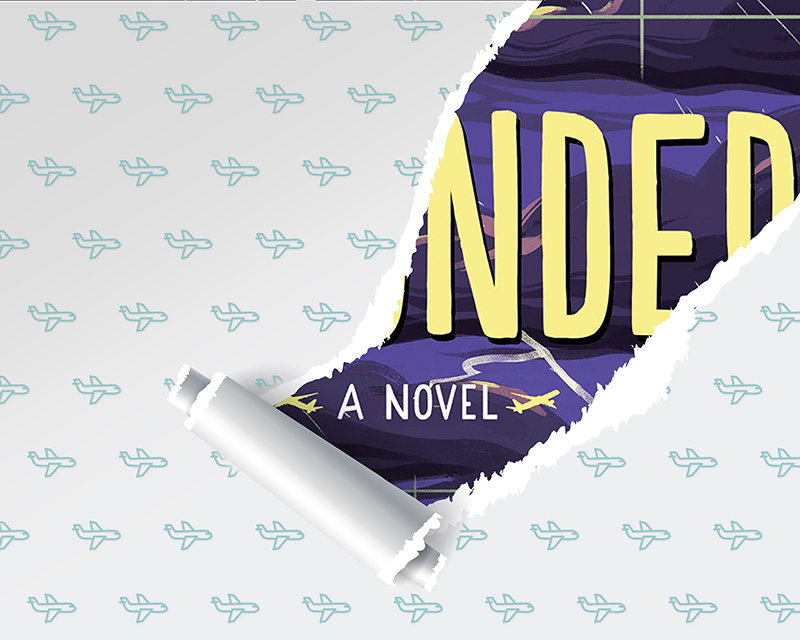
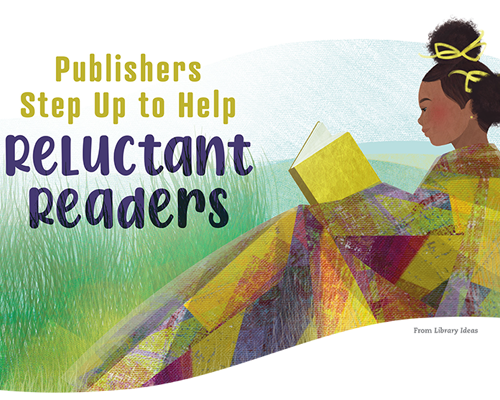
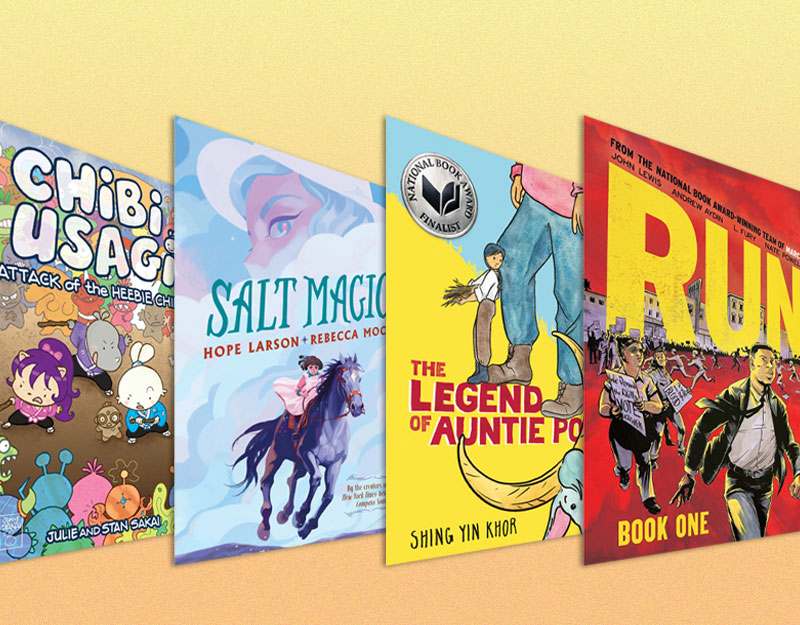
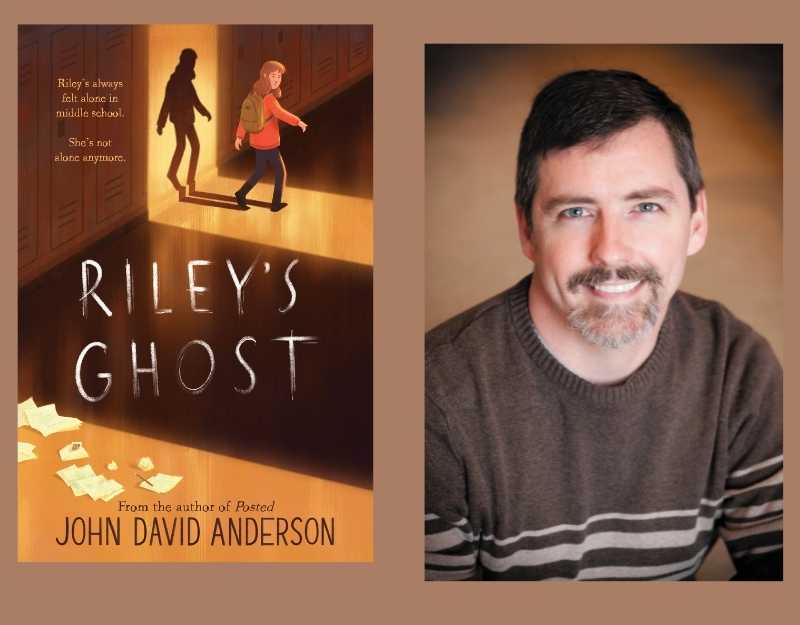
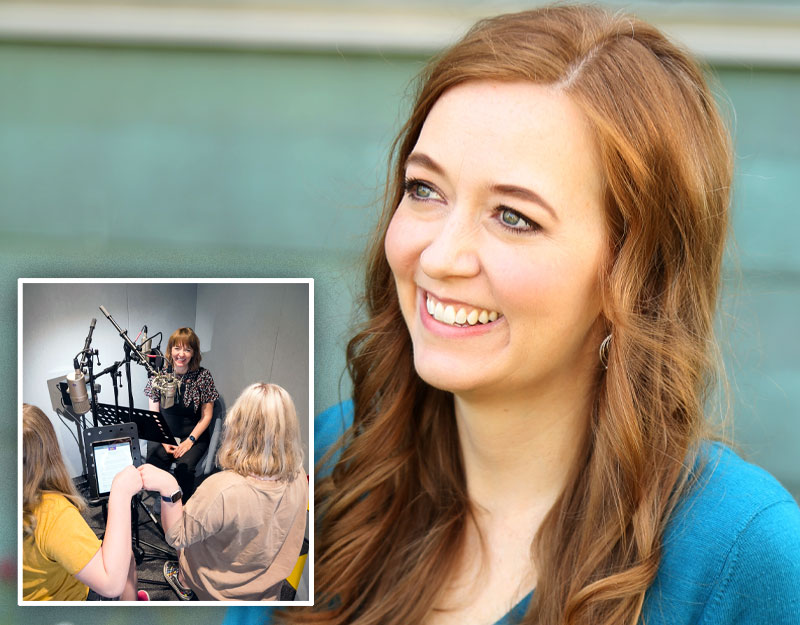
It is simply untrue that this book is the first to offer the perspective of a survivor for middle-grade readers. There are several such books, some of them excellent. The “gap” that this book fills is to normalize the experience of a person who promoted forgiveness of Nazis, making her an extremely controversial figure among survivors and other Jewish critics:
https://abcnews.go.com/International/holocaust-survivor-eva-kor-embraces-nazi-guard-oskar/story?id=30561120
https://www.washingtonpost.com/opinions/should-we-forgive-the-nazis/2019/07/16/3c5e5fa4-a724-11e9-86dd-d7f0e60391e9_story.html
Kor literally embraced a guard from an extermination camp, and claimed that her forgiveness of Nazi crimes had liberated her emotionally. While she is entitled to her opinion, most Jews find this idea deeply repugnant. She characterized their encounter at this genocidal murderer’s trial as “two old people reaching out.”
The appeal of her narrative is that it offers a simplistic and “hopeful” solution to the horrors of the Holocaust, exactly the wrong message to be conveying to children. I am deeply disappointed that this book is now being promoted as an essential resource for learning about the Holocaust; that fact is further testimony to the need for true education and literacy in this area.